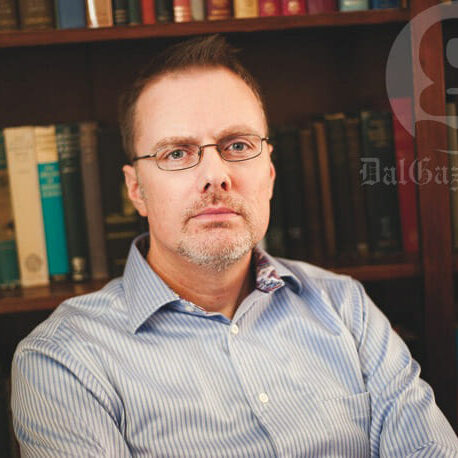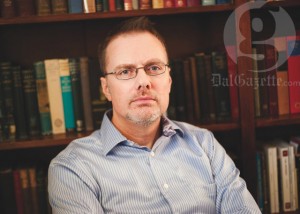
Rumour has it the world is going to end this year—at least according to theories that say when the Mayan’s long count calendar ends on Dec. 21, 2012, so does the world.
But what does the end of the world mean? According to Stephen Snobelen, an associate professor of history of science and technology at the University of King’s College, “it means different things to different people.” And the Book of Revelation, the last book of the New Testament, states the end of the world is just the end of the age, says Snobelen.
“Apocalypse” is actually the Greek name for “Revelation”, referring to the unveiling of God’s plan. And Armageddon is the final battle in Revelation, not that doomsday Bruce Willis film. Their meanings have been confused by pop culture; they don’t actually mean the end of the world. (Phew!)
The Book of Revelation is actually meant to provide comfort to believers, says Snobelen. The end of the age brings the end of corrupt government and war. It’s therefore meant to provide hope for what’s to come, he adds.
But doomsday theories are always popping up.
Remember Y2K? It was the end of 1999 and massive computer software malfunctions were expected when the calendar flipped from ’99 to ’00. The thought of automated systems failing put people into a tailspin. Some companies changed or updated their software. Snobelen said he remembers people heading for isolated islands and completely unplugging. He says the potential for another Y2K is even greater now since the world is so dependent on technology.
Harold Camping predicted the Rapture—when believers of Christ would be raptured from the earth to heaven with the rest of humanity left to presumable doom—would occur May 21, 2011. He had a following: people sold their houses, quit their jobs and followed him around the United States. But the Rapture never came, so Camping pushed the date to October. Still didn’t happen.
Snobelen said no one is immune to this kind of end-of-the-world thinking.
“It’s not just religious people who present these kinds of scenarios. You also have secular depictions of the end of the world and actually those are a lot scarier…At least with the religious scenarios there’s a peaceful outcome.”
Sir Martin Rees, an English astronomer, says in his book *Our Final Hour* that humanity has a 50/50 chance of surviving the 21st Century. There’s potential for mass extinctions, a nuclear holocaust and the possibility of comets or asteroids hitting the earth. And don’t forget climate change.
“That’s pretty depressing when you think about it,” said Snobelen.
The end of the world idea is insecurity about our situation as a species and the health of the earth—a fear Snobelen says resonates with people. By the way, the Mayan’s calendar rolls over to a new year after December 21, just like a regular 365 day calendar would.
So the end is near—of the calendar, anyway. The end of the world? That’s anyone’s guess.







